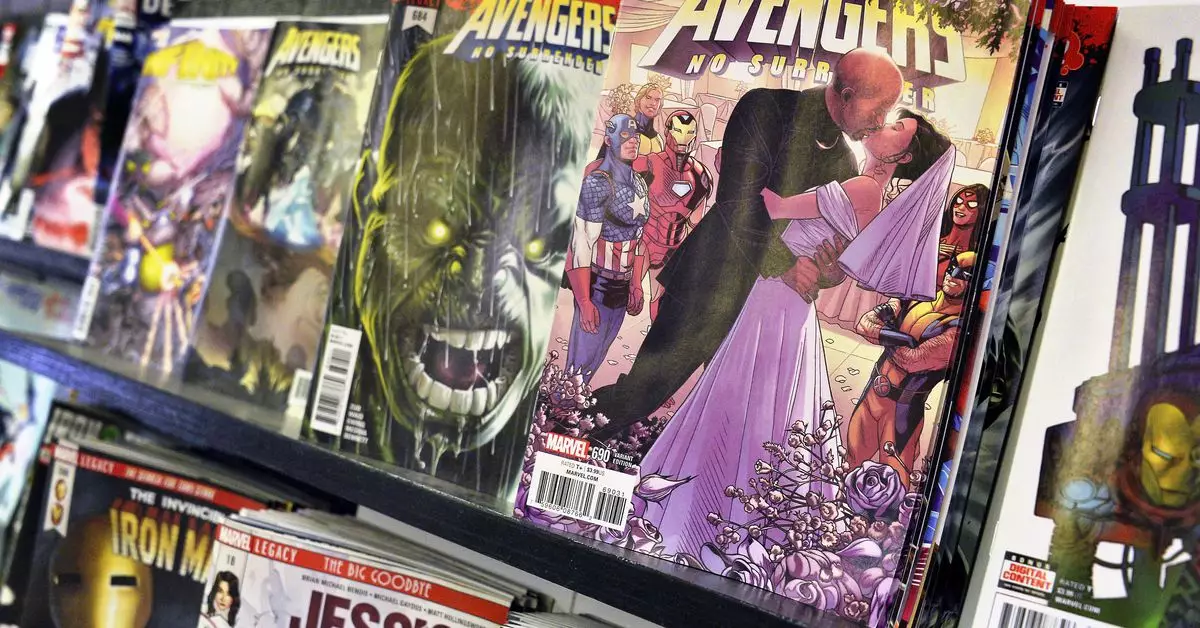In a significant turn of events, the long-standing dominance of Marvel and DC over the “Super Hero” trademark has come under scrutiny. The U.S. Patent and Trademark Office (USPTO) has recently canceled several of the companies’ claims to their superhero-related trademarks, marking a potential shift in the landscape for independent creators. This decision stems from a challenge mounted by Superbabies Limited, a small company that produces children’s comics featuring adorable superhero babies.
The legal battle ignited when S.J. Richold, the creator of Superbabies, sought to promote her comic series amidst opposition from the giants of the comic industry. DC Comics particularly attempted to block Richold’s efforts, leading her to contest the legitimacy of Marvel and DC’s trademark claims. Rather than engaging in a defense of their trademarks, the two behemoths of the comic book world failed to respond by the deadline provided by the USPTO. This inaction proved consequential, culminating in the cancellation of four trademarks, including the historic “SUPER HERO,” which has been part of trademark records since 1967.
A Closer Look at the Trademark Listings
While the cancellation of the “SUPER HERO” trademark represents a monumental shift, it’s important to note that Marvel and DC still retain their co-ownership of other related trademarks, including “SUPER HEROES,” registered in 2018, and “SUPER-VILLAIN,” from 1985. This indicates that while they have lost ground, their foundational trademarks are still intact, allowing them some level of continued control over the superhero narrative.
The Implications for Indie Creators
For independent creators, this ruling could potentially pave the way for more creative freedom within the superhero genre. The precedent set by the Superbabies case underscores the importance of proactive trademark engagement and the possibility of challenging entrenched corporate power. Indie creators may find encouragement in the idea that they can carve out their unique space in a landscape historically dominated by major entities.
Legal experts have pointed out that the cancellation of these trademarks reflects a changing approach within IP law regarding the boundaries of creative ownership. Adam Adler, one of the attorneys involved in the case, has provided insights into how Marvel and DC historically came to dominate these trademark disputes and how future creators can navigate similar scenarios. For those interested in understanding the implications of trademark law within the creative ecosystems of comics, Adler’s analytical pieces available in platforms such as Escapist Magazine might prove enlightening.
The cancellation of significant trademarks held by Marvel and DC opens a dialogue about the evolving nature of intellectual property in the creative industry. It serves as a reminder that while commercial giants may dominate the market, emerging voices can disrupt the status quo. As the comic book landscape continues to breathe new life into superhero narratives, the rise of indie creators brings with it an opportunity for more diverse and inventive storytelling, fostering a richer tapestry of characters and tales for future generations.


Leave a Reply